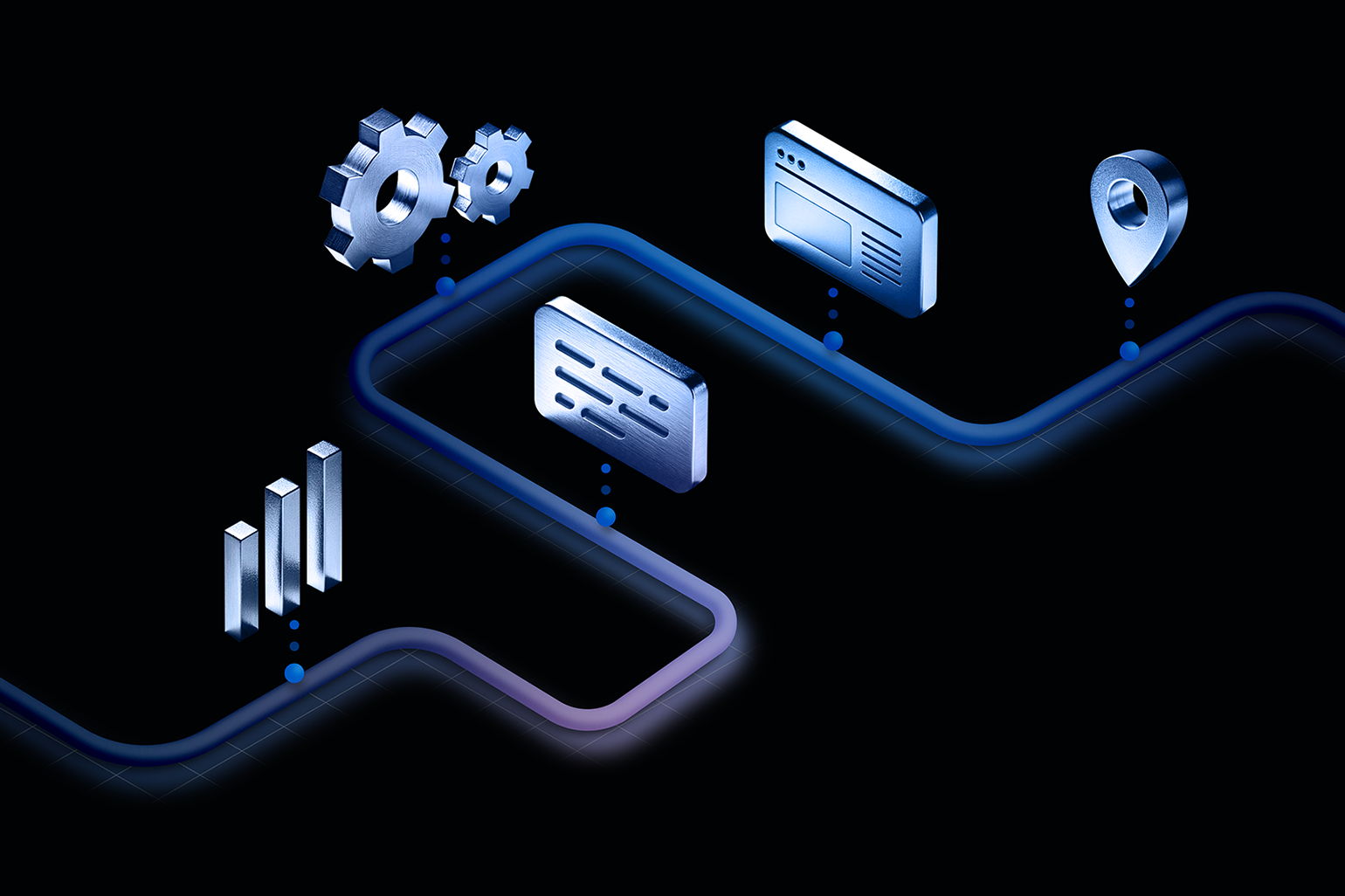At NJI, we work with our clients in recognizing that social media is a conversation, not a lecture. When crises occur (and they will), be prepared. Have a plan. Your audience should already be engaged with your message: when a crisis hits, you’ve already got the ears of those who matter most.
Crisis Communications: BP, Deepwater Horizon and Social Media

One year ago this week, the BP Deepwater Horizon oil rig exploded, eleven men lost their lives, and the Gulf Coast was forever changed. As media outlets throughout the country report on the devastating effects still in place, NPR’s Elizabeth Shogren yesterday produced a fantastic in-depth story (part of a series) on public relations and the crisis communications of the oil disaster.
As anyone can tell you, the Deepwater Horizon explosion was a PR catastrophe for BP. As the explosion’s effects caused oil to seep into the Gulf at an increasingly rapid rate, the situation because obviously more dire than originally reported by the oil company. Despite this, BP executives felt more comfortable playing the blame game than taking responsibility for the accident. Reports later surfaced that BP’s gaffe-prone CEO, Tony Hayward, had recently cut the budget for public relations and media throughout the company. Relying on contractors and unseasoned staff, Hayward’s failures as a communicator were broadcast to a world audience gripped with the true tragedy of the explosion and subsequent oil leak. Operating in a fast-paced online world proved too much for the slow, reactionary company.
BP’s failures to control the conversation demonstrated the importance of a positive, forward-thinking corporate social media plan. Too little too late, BP began to post updates to its Facebook and Twitter accounts, where those affected by the disaster had a physical and practical space to express anger and concern at the company’s actions.
What can companies – large and small – learn from BP’s failures? First and foremost, communications, both crisis and otherwise, is a two-way street.

